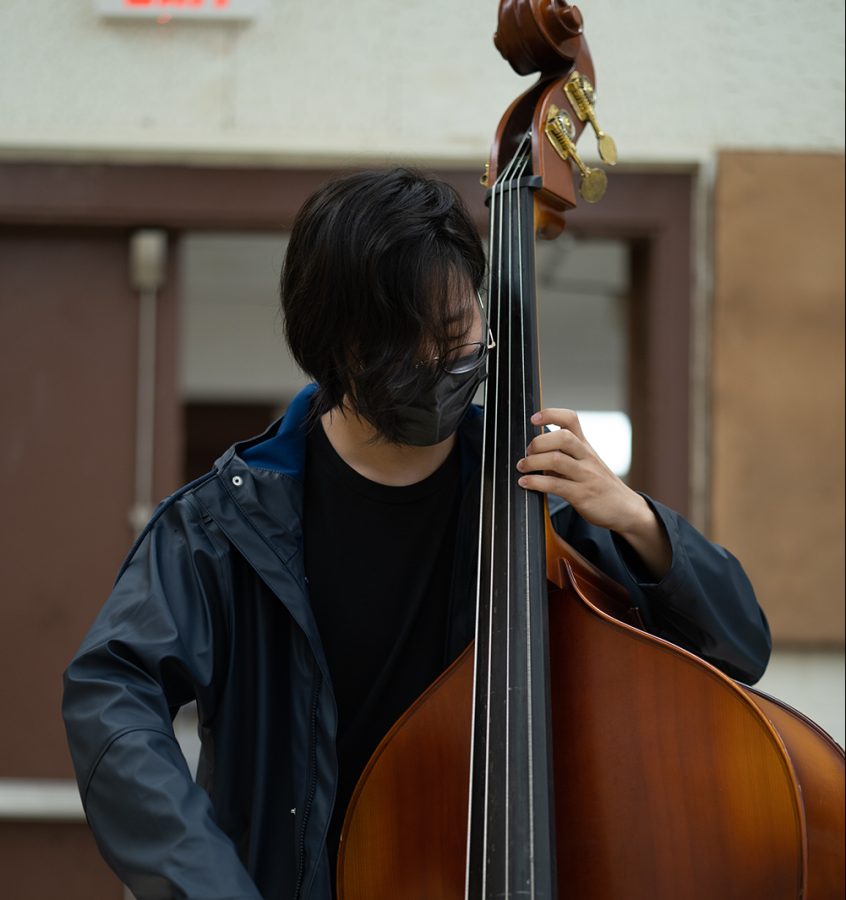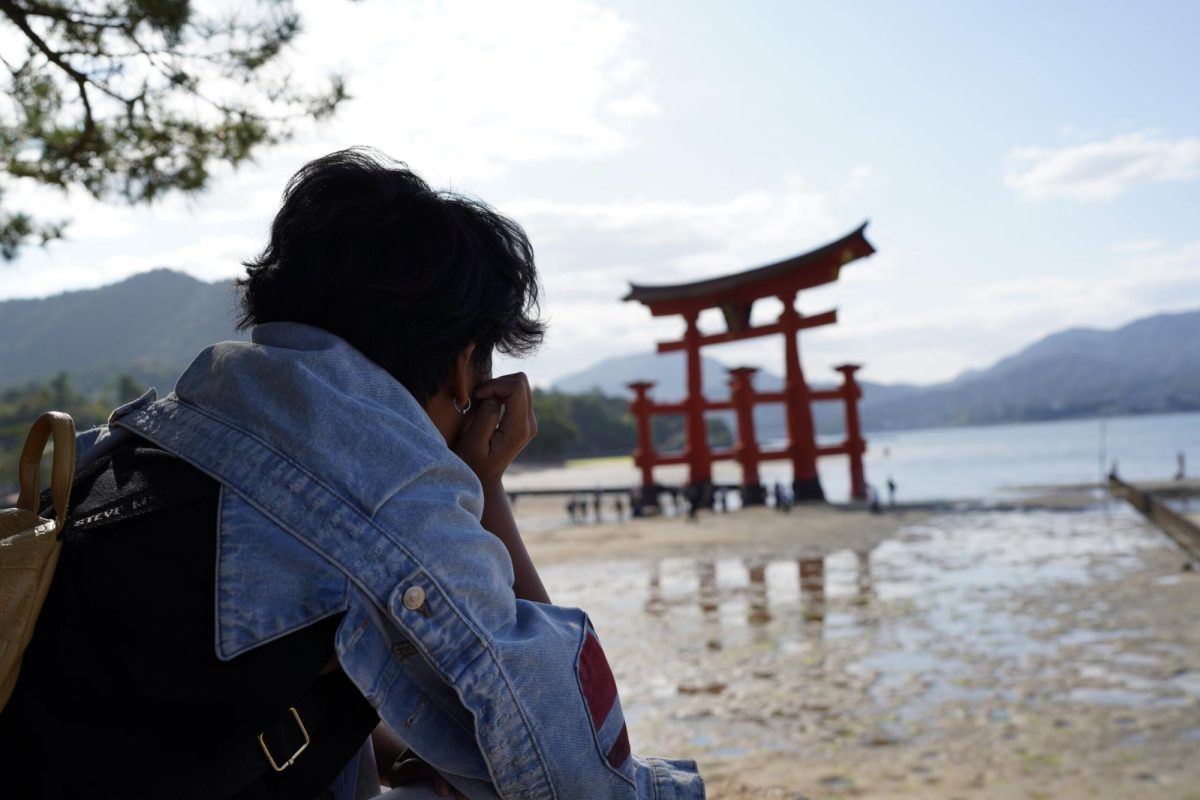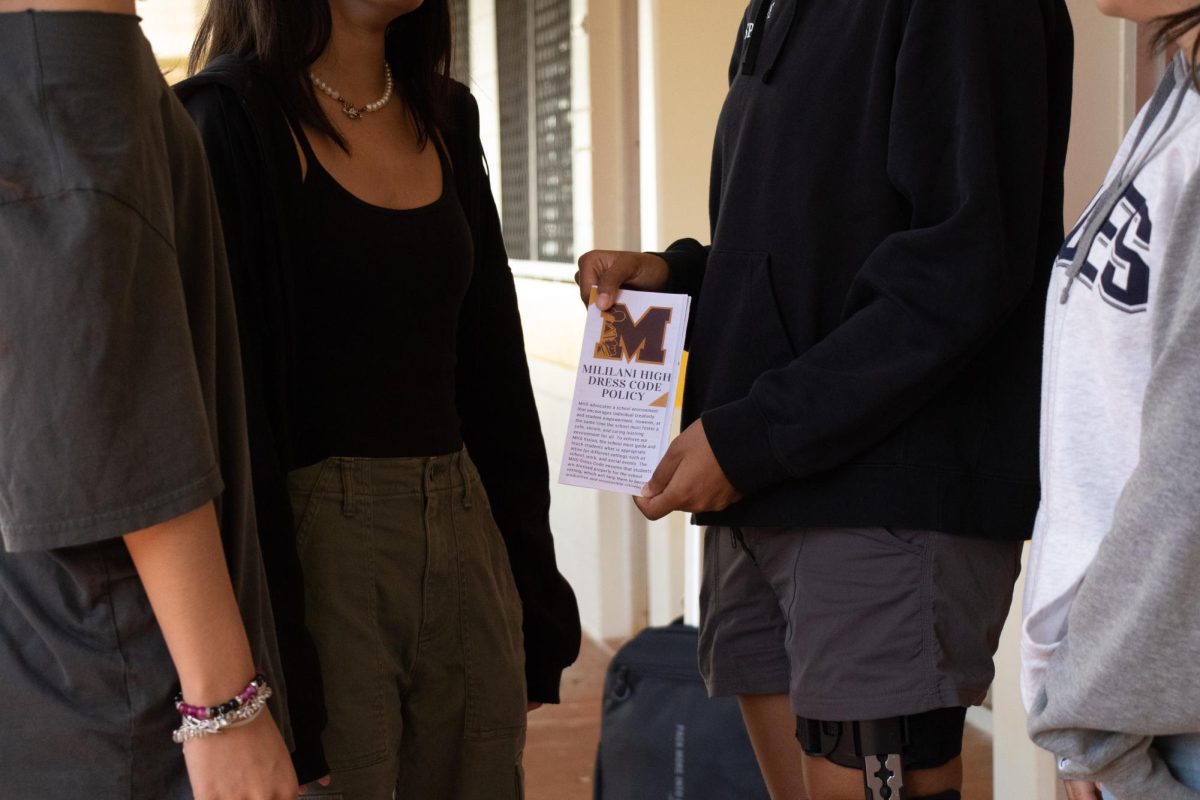Mindset, Determination, and Standard: A Look at Eugene Kim’s Artistry and Skill
February 8, 2022
While there are some musicians that aim to be proficient at a single instrument, junior Eugene Kim, a multi-instrumentalist, has the goal of being able to play all of the instruments in a symphony and concert band. Kim can currently play the piano, violin, viola, cello, double bass, electric bass, guitar, alto saxophone, tenor saxophones, baritone saxophone, tuba, trombone, euphonium, percussion, ukulele, and is currently learning how to play the flute and clarinet. He hopes to also learn how to play more woodwind instruments and double reed instruments. Aside from piano, violin, and alto saxophone, Kim taught himself to play all of these instruments.
“There is always something to learn about music and I think that’s the beauty of being a musician, knowing that you can’t ever be the master of it and you can only be as good as the amount of practice you put into it. I guess it’s that humble state of mind where you are able to learn and focus on commitment more rather than becoming the best,” said Kim.
Kim began by learning how to play the piano at seven years old, then eventually began taking lessons for violin. However, because he found the violin lessons too frustrating, he chose to drop the instrument for a few months, instead choosing to study the viola and cello simultaneously on his own. While this allowed him to play more instruments of the string family, Kim learned how to play band instruments through his middle school experience in Korea.
“When I went to Korea, I went to Camp Humfrey because my family is in the military in middle school and it was a new institution so the classes were very bare. They didn’t have a lot of funding, especially in the music program and they also did not have a string orchestra so I had to join the band in order to be in any kind of music elective,” said Kim. “That’s where I kind of took off because the teacher was kind of lax and there was a lot of instruments in the storage room and I just loved rummaging around and messing around.”
In hopes to become a future composer, Kim intends to learn as many instruments as possible, as he feels that this makes composing music a lot easier. He also enjoys filling in empty roles when playing in an ensemble, taking on the responsibility of being the backup musician. For example, when Kim joined the concert band in his first year at MHS, he chose to play the tuba because there were no tuba players, despite not knowing how to play the instrument.
Kim’s favorite part about learning how to play new instruments is the skills that he develops from it. “It gives me a sense of new beginnings while still retaining the skill set. It is like restarting a game but with prior knowledge and you go a lot faster and smoother. Trial and error is the reason why I like it so much because there is new troubles but I have prior experience and knowledge to tackle these challenges,” said Kim.
As a part of the MHS chamber ensemble, Kim has the opportunity and freedom to learn and practice a wide variety of instruments. However, due to the fact that he is unable to take any of these instruments outside of school, Kim fears that he will not retain much of his musical knowledge upon moving.
“Just knowing that I will probably lose all these skills and knowledge along the way and go to college, I feel like it’s such a waste of such hobbies because there is value in being a multi-instrumentalist,” said Kim.
Besides learning new instruments, Kim actively composes his music in his free time. On September 15, Kim submitted a composition to the Music Teachers National Association Composition Contest and passed the senior division at the state level. His submission is currently being evaluated at the national level and the results will be announced on February 1.




